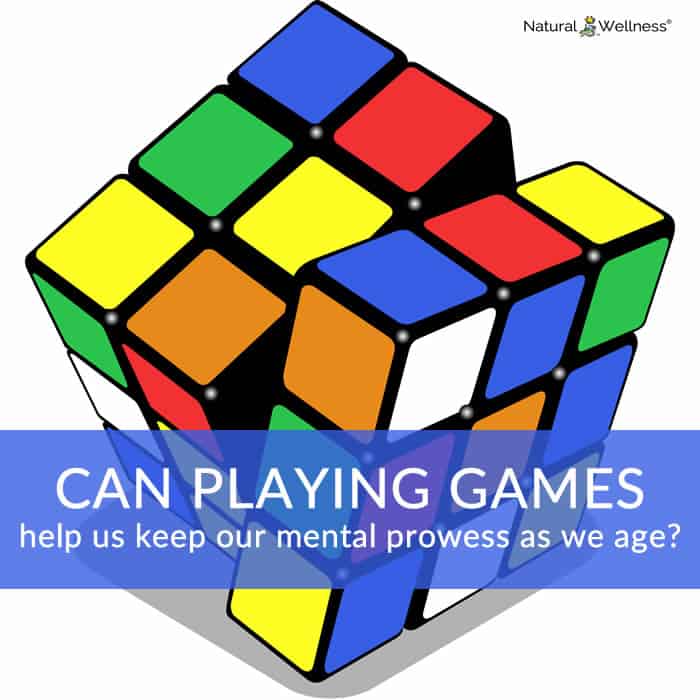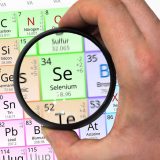

There are many games available that claim to “train your brain” and are supposed to help keep our memories intact and our minds sharp. With over 5 million adults over age 65 suffering from Alzheimer’s disease and over 850,000 more experiencing dementia – many are looking for ways to maintain cognitive function and memory as they age.
10-Year Study
In a 10-year study, Advanced Cognitive Training for Independent and Vital Elderly (ACTIVE), elderly participants were given baseline tests in memory, mental reasoning, and speed-of-processing abilities. They were then divided into groups as either the control group, a group given memory training, a group given reasoning training and a final group that received speed-of-processing training.
- The memory training group received training in mnemonic strategies to remember word lists and sequences of items, text materials and details in stories.
- The reasoning training group was given training in their abilities to solve problems and follow a serial pattern, such as a pattern in letters, numbers or everyday activities and schedules.
- The speed-of-processing group put participants through intensive, adaptive, computerized training designed to improve speed and accuracy in processing visual information, expanding the visual area in which the person was required to pay attention and make decisions.
Results
While there were some improvements in the other groups, the speed-of-processing training resulted in 33% less incidents of dementia!
In other studies, brain training programs such as BrainTrain significantly improved executive cognitive functions, working memory and mental processing speed. Strategy-based memory training games tend to result in longer-lasting gains, while process-based training targets more general processing capacities such as cognitive flexibility and working memory.
While research seems to be showing that there are gains to be had from brain training, there is considerable conflict over which types of trainings are most effective and how much improvement can be expected. Research in this area continues as our population continues to seek ways to maintain our cognitive abilities as we grow older.
Editor’s Note: Brain Support is a natural remedy to improve mental focus, concentration and memory today and for years to come.





Glad I still play games then!